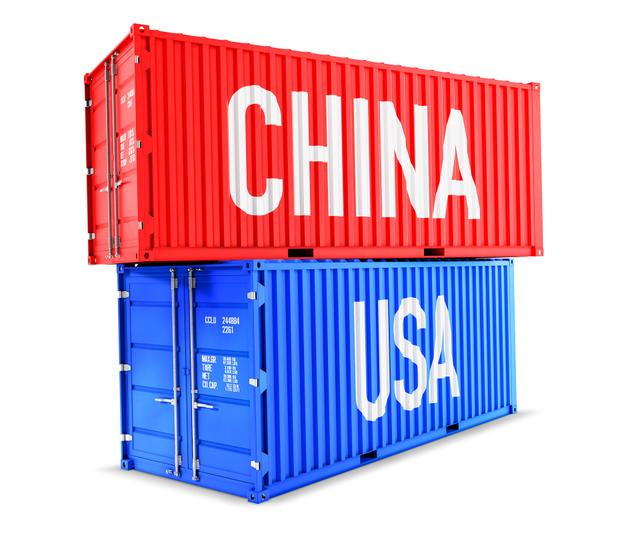Top Inland Container Depots (ICDs) in India: Routes, Costs, and Benefits
Discover how India’s top Inland Container Depots (ICDs) can help exporters avoid port congestion and reduce haulage costs. Learn smart routi...
A look at United States' recent trade protectionist policies and how they impact global trade. - Cogoport

March has been quite an eventful month for world trade. Adding weight to the murmurs of a US-initiated trade war that could be heard in global trade corridors since 2017, in the first week of March, citing “unfair business practices”, the US imposed a 25% tariff on steel and a 10% tariff on aluminum imports from all countries except Mexico and Canada.
Later the European Union, Argentina, South Korea, Brazil, and Australia were also exempted from the tariff till the 1st of May. According to a statement released on the matter, the US may look at setting import quotas for these countries and others with whom it has security relationship if they are able to present a convincing case.
The fear of a trade war further intensified after a US trade announcement on 22nd March, targeting China. The US has specifically targeted imports from China, placing stringent tariffs worth USD 60 billion. In addition to the tariff on steel and aluminum, another 1,300 Chinese products are expected to be included in the tariff list that will be published by the US Trade Department.
China on its part retaliated with a tariff of USD 3 billion on US products. The Chinese have listed 128 products which include steel pipes, wine, fresh fruit, nuts, dried fruit, and pork. There is a possibility that China may increase the tariff imposed on US products.
While China is not the only country that has been targeted, it is one of the countries that has been most harshly treated. So far. The US has a huge trade deficit balance with the Asian giant. The other probable reason for the strict action can be attributed to the “theft of intellectual property” mentioned in Trump’s statement announcing the tariffs.
To provide some context to the huge tariffs imposed on China, the US Trade Department has also released a report that highlights China’s aggressive behaviour regarding acquisition of technology and trade secrets, theft of information and data. According to media reports, the tariff is believed to help correct the trade imbalance and warn China to control its own aggressive method of conducting trade.
Whether it helps improve China’s behaviour or leads to further retaliatory measures remains to be seen. Going by the communique of the two governments with the global media, while China does not want a trade war, it is prepared to defend its position in the event of one.
India has already been feeling the heat of US trade protectionist policies for a while now. Decline in off-shore jobs from the US and the latest H-1B visa rules which could make it difficult for Indian IT professionals in the US to get their visa applications renewed are cases in point.
We are also facing a challenge from the US at the World Trade Center. Referring to the Agreement on Subsidies and Countervailing Measures (ASCM), the US has raised doubts regarding the validity of India’s various export promotion schemes.
Although the extent of impact of the US – China trade war on India is not yet clear, trade analysts have warned of declining export volumes if the war escalates.
Trade experts are divided on the positive impact this will have on the global economy. Some are of the opinion that countries that have the capacity to offer replacement or alternative products to the US could benefit from the restrictions placed on Chinese imports.
In the meantime, negative effects of the impending US – China trade war have already been felt with global markets falling after the tariffs were announced. The standoff between the two influential economies may also impact global growth rate.
Inflation is another issue that is being highlighted as an outcome of the US – China fallout. The price increase would also affect the US market, with imports becoming costlier and possibly short in supply.

In all of this, the shipping industry which is the main mode of international trade may end up as collateral damage. Tariff on imports could result in low demand for those products – which in turn would lead to a decline in shipping volumes - which would impact ocean freight rates. For an industry that is emerging from a slow growth phase, this could be a huge blow.
At a time when the global economy has finally started to show signs of revival after the economic recession witnessed in 2008, a trade war can again destabilise growth. In the long term, a trade war or even a perceived threat of one will create a negative economic and political environment.